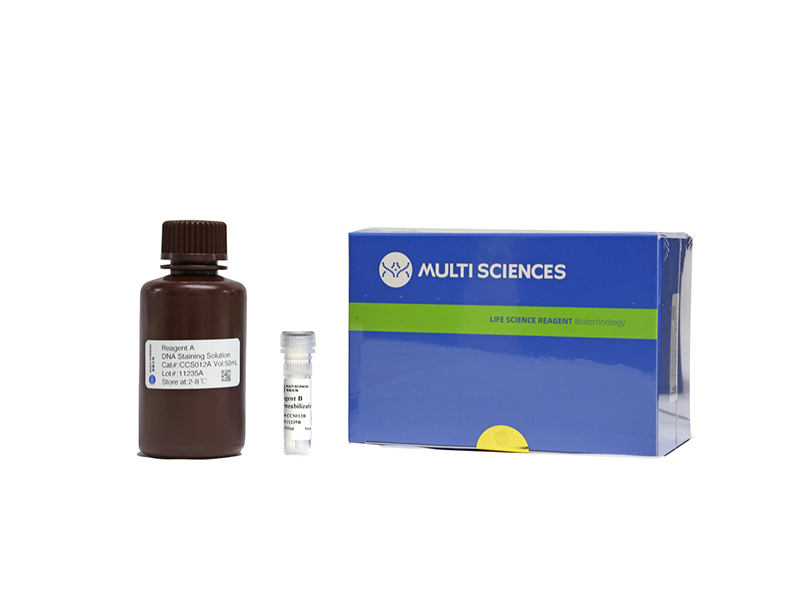Carboplatin is one of the few platinum-based antitumor drugs used worldwide. Unfortunately, systemic carboplatin therapy is limited by its dose-related myelosuppression. In this study, a viable way to reduce the serious myelotoxicity of carboplatin while improving its therapeutic efficacy using amino-functionalized polyphosphazene vesicles is reported. First, three polyphosphazenes with different amino content were synthesized by amidating hydrophobic side groups; these polyphosphazenes could self-assemble into polymersomes with similar particle size and morphology. Based on FTIR analysis, hydrogen bonding interactions between the polymeric carriers and carboplatin were validated and shown to predominantly contribute to the significant improvement of drug loading in polymersomes. Therefore, it turned out that the amino level of polymers played a substantial role in carboplatin encapsulation. Then, PEAP-2-C polymersomes were optimized for further experimental verification to achieve depressed carboplatin-induced myelotoxicity as well as promote curative effects against CT-26 colon adenocarcinoma. These results in vitro and in vivo proved that amino-functionalized polyphosphazene vesicles have great potential for carboplatin delivery in the application of cancer therapy.
文章引用产品列表
-
- CCS012 1190 Citations
- 周期试剂盒
Cell Cycle Staining Kit 细胞周期检测试剂盒
- ¥390.00



